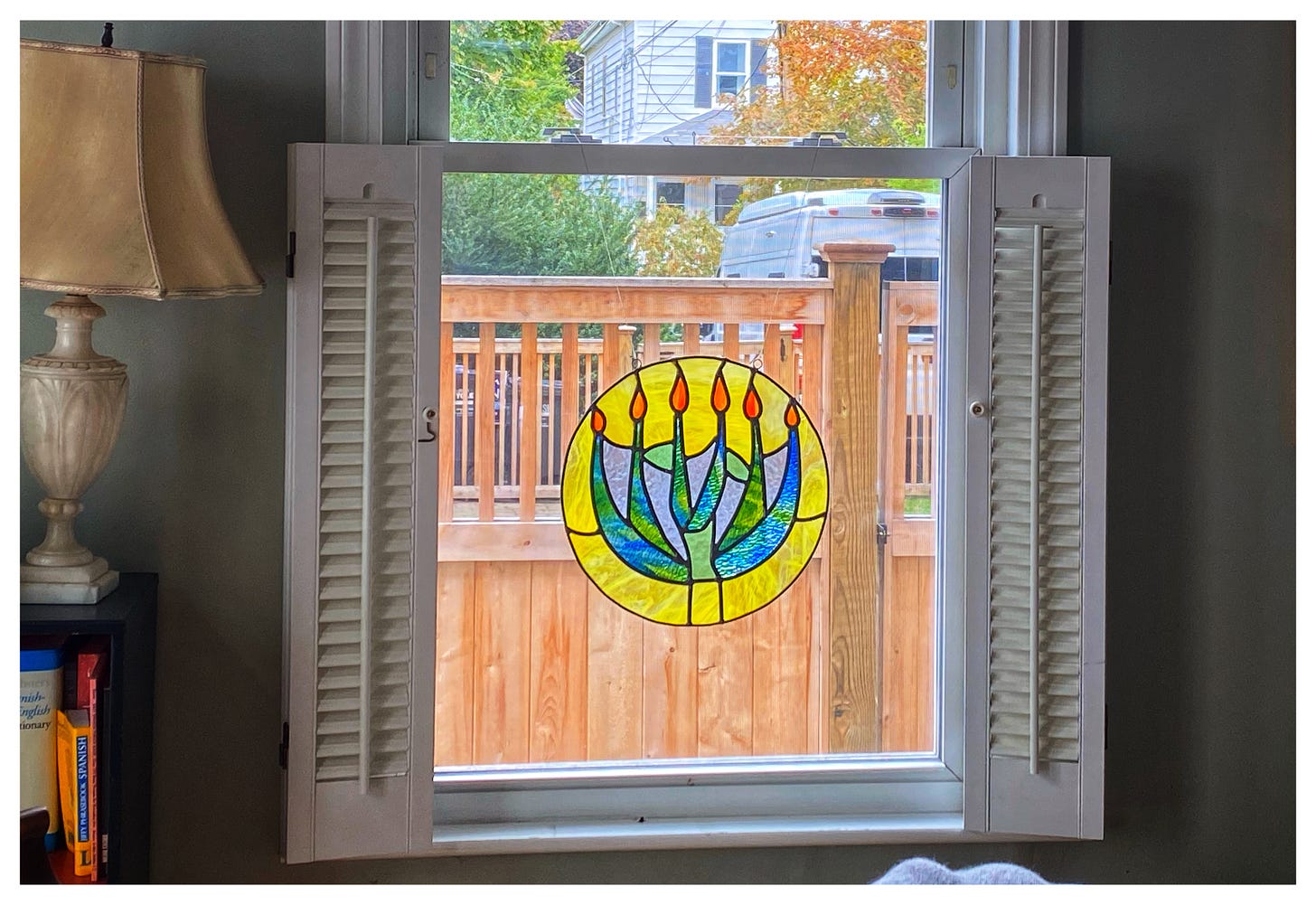Back in Boston after two weeks that seem like time on a different planet. Many of you have been through this already. And thank you so much for all your kind words and notes of support. I’m deeply grateful for feeling so accompanied through the strangeness of loss and gr…
Keep reading with a 7-day free trial
Subscribe to Elderberries to keep reading this post and get 7 days of free access to the full post archives.



